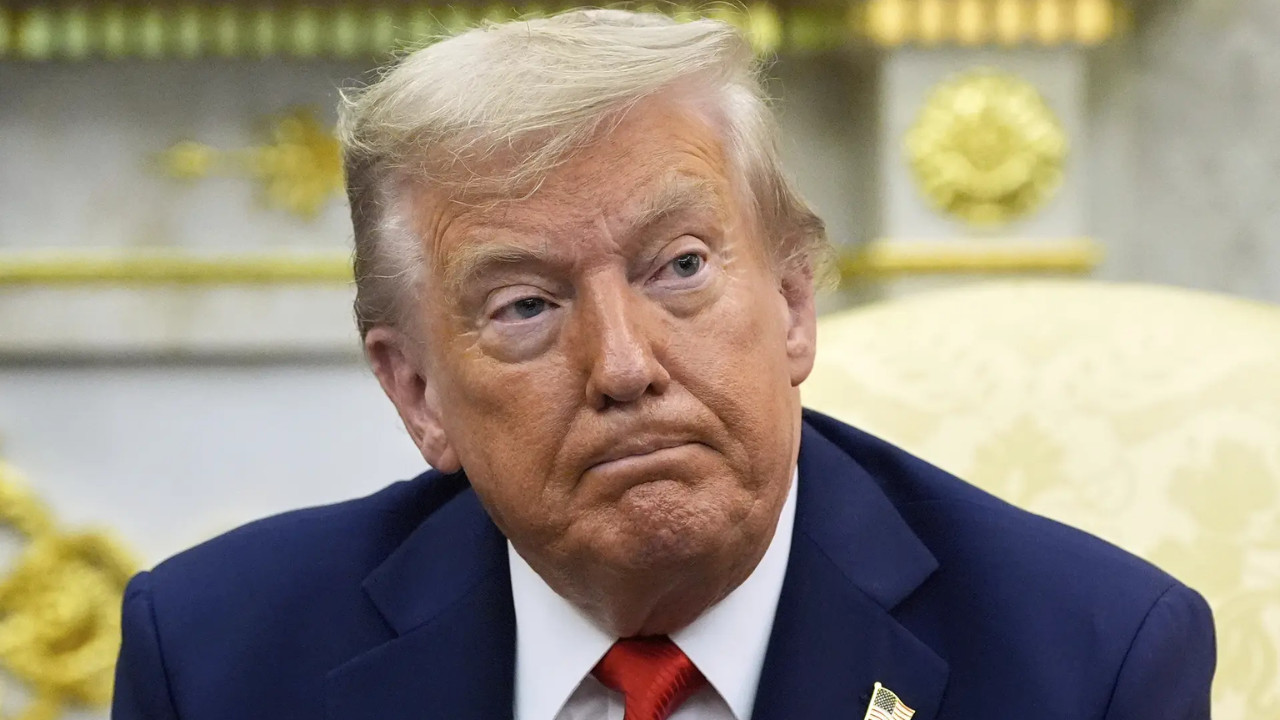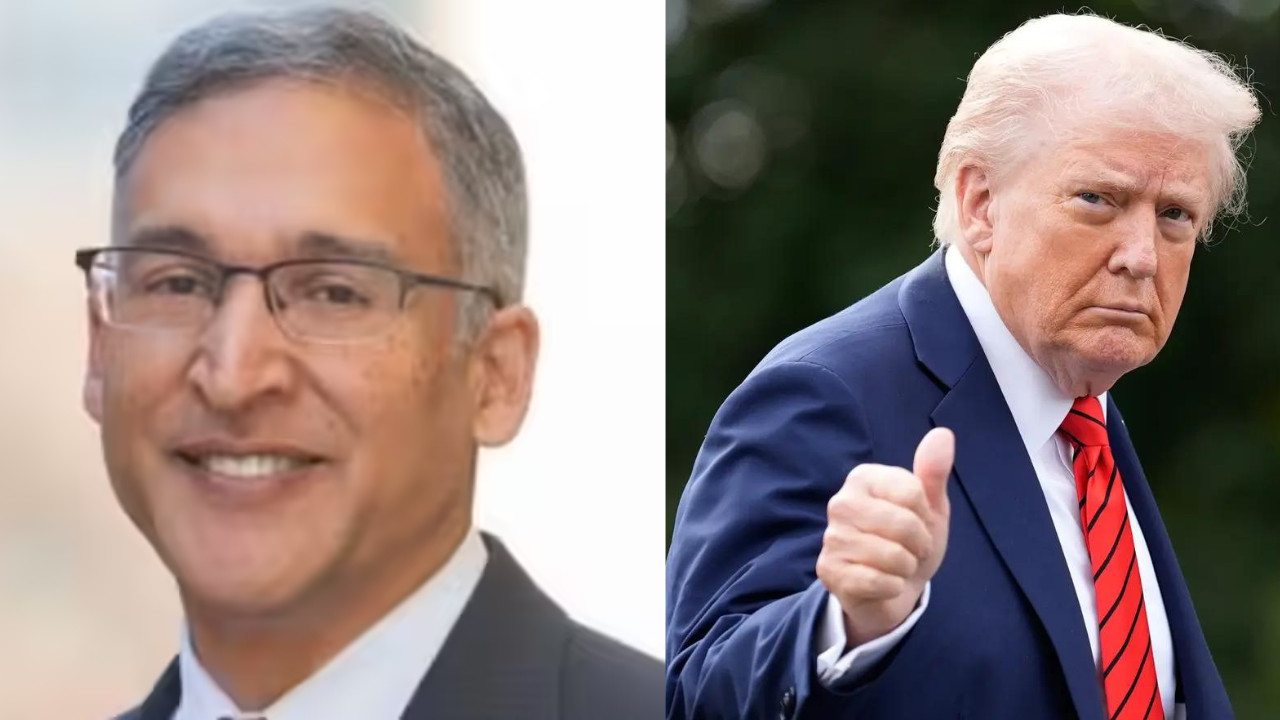A US federal court has dealt President Trump a blow, ruling his sweeping tariffs illegal, stating he exceeded his authority by declaring trade deficits as national emergencies. While the tariffs remain during appeal to the Supreme Court, businesses face continued uncertainty. A potential $159 billion refund looms if the ruling stands, weakening Trump’s negotiating power.
The Trump Tariffs: What Happens if They Fall?
Donald Trump’s presidency was marked by a series of bold economic moves, perhaps none so impactful as the imposition of tariffs on a wide range of imported goods. These weren’t just minor adjustments; they were sweeping changes designed to reshape global trade flows, primarily targeting China. But what would happen if these tariffs, now facing legal challenges, were struck down by the courts? Would it be a return to the status quo, or could we be staring down the barrel of unforeseen financial consequences?
The argument against the Trump tariffs centers on the claim that they bypassed Congressional approval, exceeding the President’s authority as defined under Section 301 of the Trade Act of 1974. This law allows the President to impose tariffs in response to unfair trade practices by other countries. However, critics argue that Trump’s tariffs were too broad and sweeping, essentially rewriting trade policy without proper legislative oversight. This legal challenge isn’t just about the past; it’s about defining the limits of presidential power in shaping international commerce going forward.

The immediate impact of the tariffs being overturned would likely be a rollback of import duties on goods from countries like China. This would translate to lower prices for consumers on a variety of products, from electronics and clothing to household goods. American businesses that rely on imported components and materials would also benefit, potentially boosting their profitability and competitiveness. It sounds like a win-win, right? Well, it’s a bit more complicated than that.
One of the key arguments in favor of the tariffs was their potential to bring manufacturing back to the United States. The hope was that by making imports more expensive, domestic producers would become more competitive, leading to job creation and economic growth. Striking down the tariffs could reverse this trend, potentially leading to a renewed outsourcing of manufacturing jobs to countries with lower labor costs.
Furthermore, the tariffs have become a bargaining chip in trade negotiations. Removing them entirely could weaken the US’s position in future trade talks, limiting its leverage to address unfair trade practices or secure favorable trade deals. Could the US effectively use alternative means like sanctions and collaborative diplomacy?
The legal challenges against the Trump tariffs highlight a fundamental debate about trade policy. On one side, there’s the argument for protectionism, which seeks to shield domestic industries from foreign competition through tariffs and other trade barriers. Proponents argue that protectionism is necessary to safeguard jobs, promote domestic production, and ensure national security. On the other side, there’s the argument for free trade, which emphasizes the benefits of open markets, competition, and specialization. Supporters of free trade argue that it leads to lower prices, greater innovation, and increased economic growth.
The potential ramifications of a court decision overturning the Trump tariffs extend beyond mere economic calculations. It raises fundamental questions about the balance of power between the executive and legislative branches, the role of trade in shaping our economy, and the future of U.S. trade policy. A favorable ruling for those challenging the tariffs could limit the power of future presidents to act unilaterally on trade matters, reasserting Congress’s role in shaping trade policy. It could also signal a shift away from protectionism and back toward a more open and multilateral approach to trade. Read more about the history of Trump tariffs and their initial effects on specific industries.
The path forward isn’t clear-cut. While repealing the Trump tariffs might offer short-term benefits in the form of lower prices and increased business competitiveness, it could also have long-term consequences for American manufacturing and the U.S.’s ability to negotiate favorable trade deals. Whatever the outcome, one thing is certain: the legal battle over the Trump tariffs will have a lasting impact on the US economy and its place in the global trading system. The decision made won’t simply erase the tariffs, it will draw the blueprints for future international economic strategies.







